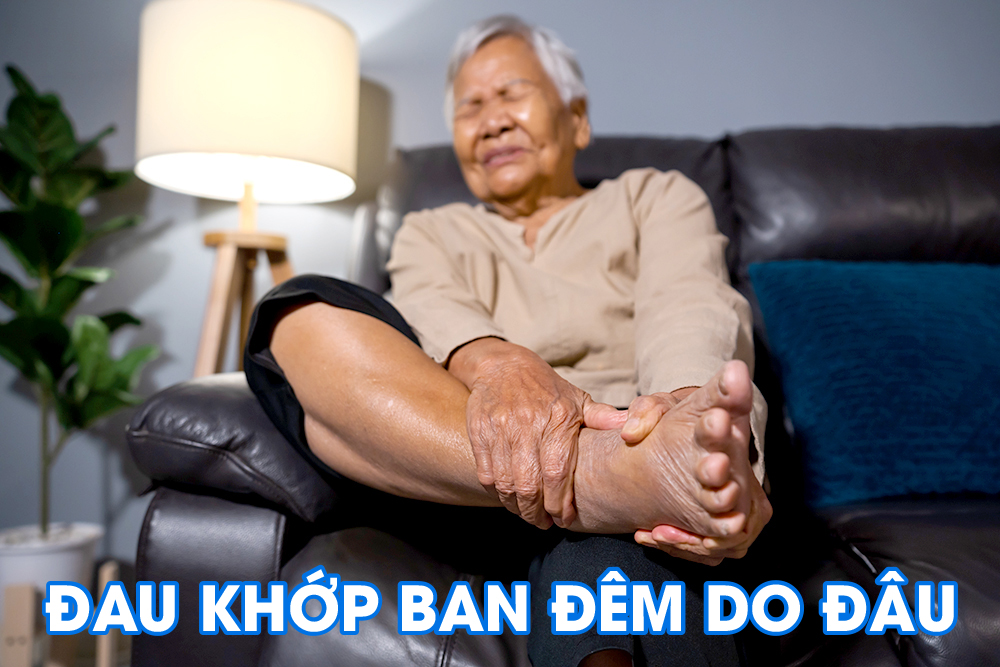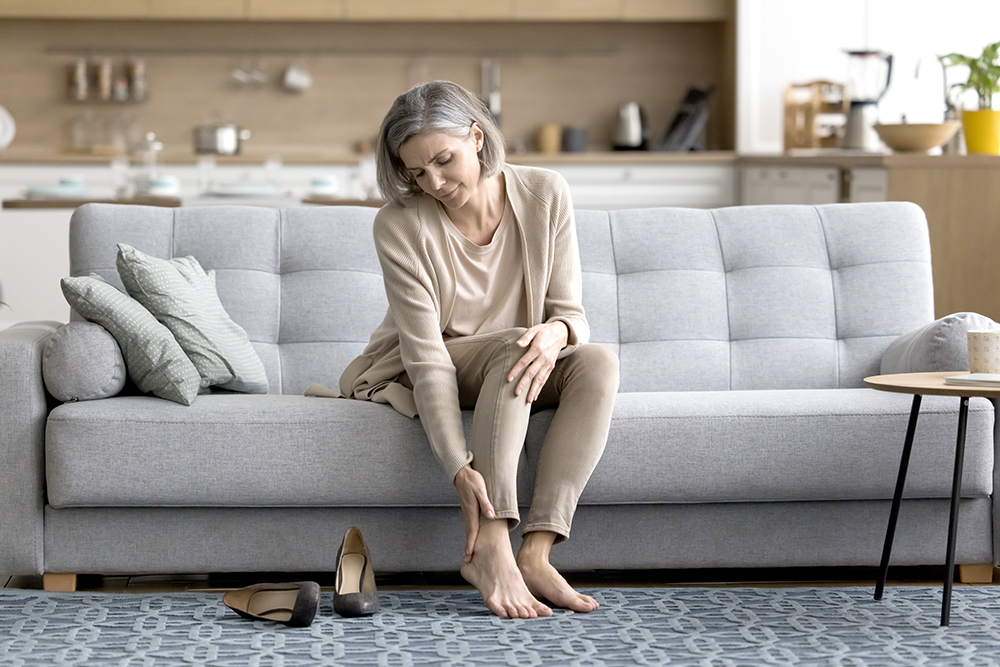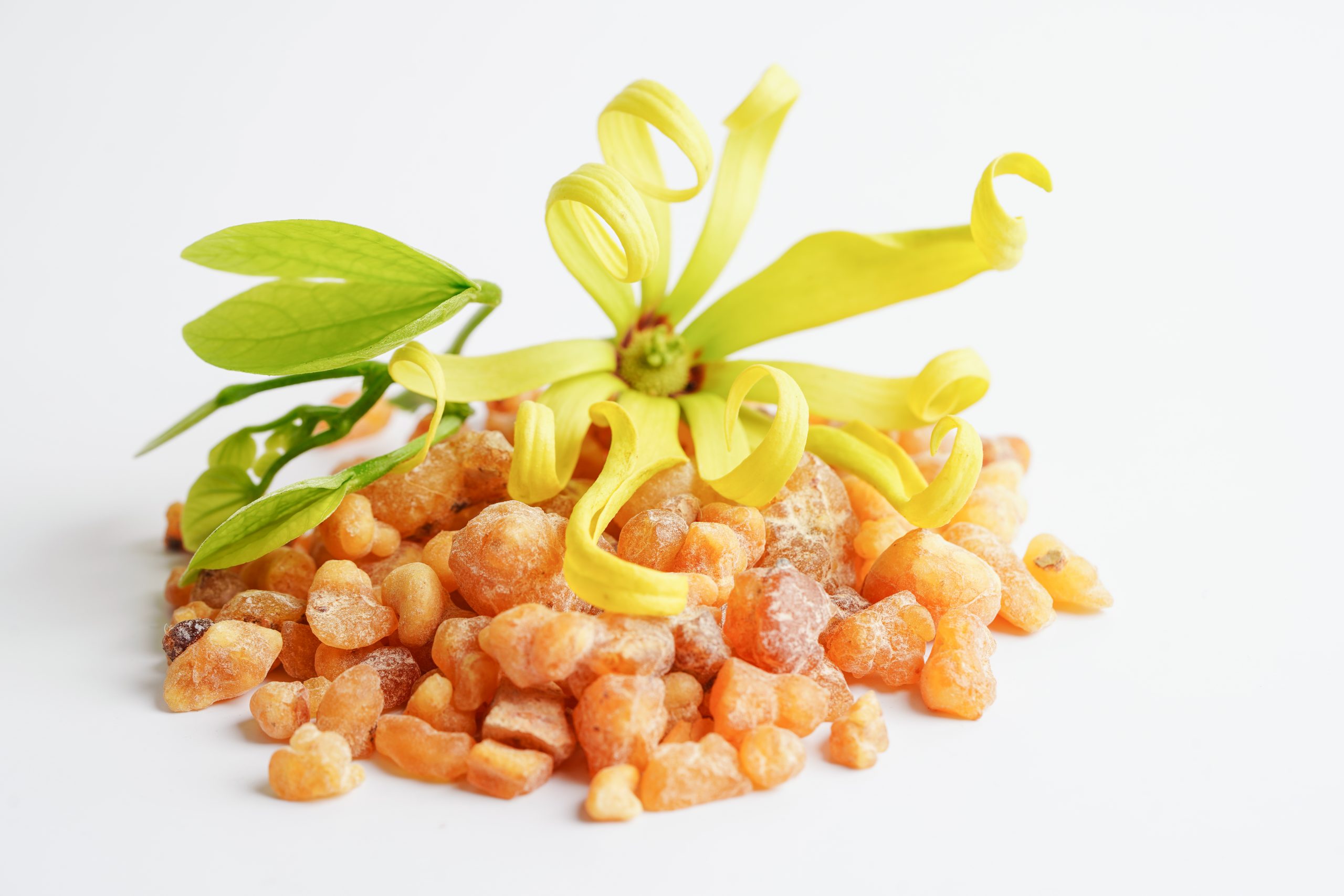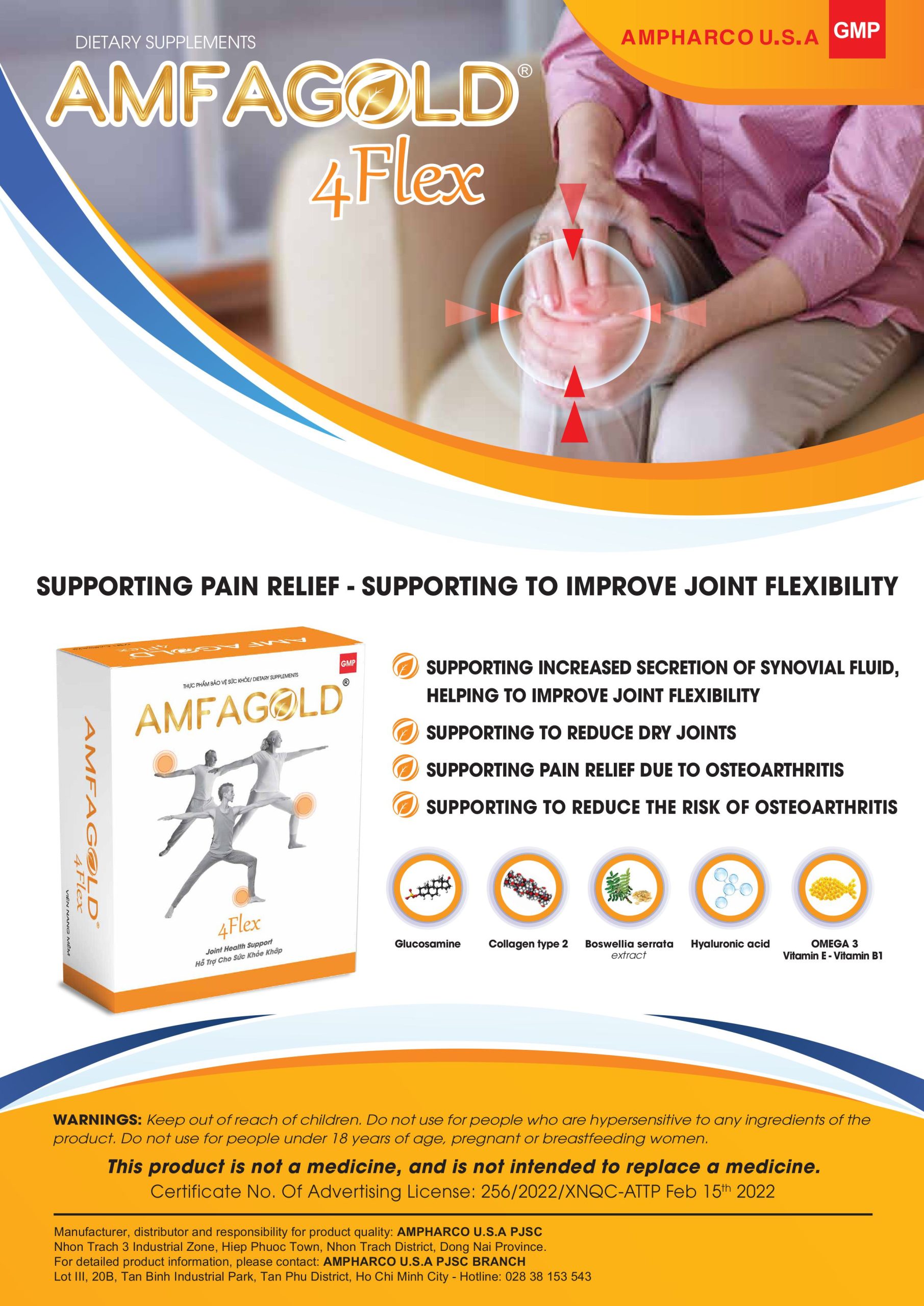TIPS TO REDUCE NIGHTTIME JOINT PAIN FOR BETTER SLEEP
Many elderly individuals often experience joint pain that disrupts their sleep at night. But what causes this discomfort, and how can it be managed? Learn about the main reasons behind nighttime joint pain and explore effective methods to relieve the discomfort, allowing for a more restful sleep. Discover key insights and potential remedies in the following article.
1/ Joint Pain at Night: A Common Concern (1)

Many people notice their arthritis symptoms worsen at night. While doctors don’t fully understand the exact cause, it is likely linked to changes in hormone and cytokine levels in the body. These fluctuations, especially the reduced release of anti-inflammatory cortisol during the night, can increase inflammation and lead to heightened joint pain.
Some experts suggest that the body’s circadian rhythm may play a role in nighttime joint pain. For individuals with rheumatoid arthritis (RA), the body releases less cortisol, a natural anti-inflammatory hormone, during the night. This reduction in cortisol levels can lead to increased inflammation and heightened pain, especially in inflamed joints.
A 2021 study found that 54.1% of people with arthritis have poor sleep quality, with issues such as difficulty falling asleep, short sleep duration, and non-restorative sleep. Nighttime arthritis is common, but this doesn’t mean you have to live with chronic sleep deprivation. Combining appropriate measures such as pain management, sleep hygiene practices, and lifestyle adjustments can help you sleep better and longer.
2/ How to Manage Nighttime Joint Pain (2)
When dealing with joint pain at night, finding effective ways to reduce pain is crucial. Here are 10 tips to help alleviate nighttime joint pain:

- Exercise: Stretching and yoga exercises can help reduce pressure on the joints.
- Heat Therapy: Applying heat can help relieve joint pain by increasing blood flow and reducing stiffness.
- Cold Therapy: Cold packs can reduce blood flow to the joints, decreasing swelling and inflammation.
- Over-the-Counter Pain Relievers: Pain medications can provide temporary relief from pain.
- Topical Treatments: Gels, sprays, or creams containing ingredients like menthol or capsaicin can help relieve pain.
- Glucosamine and Chondroitin Supplements: Some people find that these supplements help reduce joint pain.
- Meditation: Meditation can help manage chronic pain and reduce anxiety, aiding in relaxation.
- Upgrade Your Mattress and Pillows: Properly supporting your joints with a good mattress and pillows can improve comfort.
- Create a Relaxing Sleep Environment: Ensure your bedroom is quiet, cool, and dark to help you sleep better.
- Stretch Before Bed: Perform gentle stretching and relaxation exercises in the evening and in the morning to ease muscle tension.
3/ Effectively Reducing Joint Pain with Boswellia Serrata

Boswellia, also known as Indian frankincense, is a widely used herb in traditional medicine for supporting the treatment of arthritis and joint pain. The key active components in Boswellia are boswellic acids, known for their anti-inflammatory and pain-relieving properties.
Boswellia offers a natural and effective option for managing joint pain, especially for those looking to reduce reliance on non-steroidal anti-inflammatory drugs (NSAIDs).
Clinical research has demonstrated that Boswellia can help alleviate arthritis symptoms and improve patients’ quality of life. For example, a study published in Arthritis Research & Therapy showed that using Boswellia for three months significantly reduced pain and joint stiffness compared to a placebo.
- Effective Anti-Inflammatory Action: Boswellia has the ability to inhibit the production of inflammatory cytokines and enzymes, including 5-lipoxygenase (5-LOX), an enzyme crucial in the inflammatory process. This reduces inflammation in the joints, alleviating pain and improving joint mobility.
- Support for Osteoarthritis (OA) Treatment: Boswellia is also believed to be effective in reducing symptoms of osteoarthritis, such as pain and stiffness, due to its anti-inflammatory properties and its role in protecting cartilage.
- Enhanced Cartilage Health: In addition to reducing inflammation, Boswellia helps protect cartilage from degeneration by blocking enzymes that damage cartilage, thereby maintaining joint flexibility and durability.
Source:
- https://www.medicalnewstoday.com/articles/arthritis-symptoms-worse-at-night
- https://www.healthline.com/health/joint-pain-at-night
- https://arthritis-research.biomedcentral.com/articles/10.1186/ar2461

- 1. THE GOLDEN SOLUTION FOR JOINT HEALTH IN WOMEN 50+
- 2. BOSWELLIA AND HYALURONIC ACID AS AN EFFECTIVE SOLUTION FOR JOIN PAIN RELIEF
- 3. EASY EXERCISES FOR KNEE ARTHRITIS
- 4. How to Ease Osteoarthritis Pain Effectively
- 5. A EFFECTIVE SOLUTIONS FOR CONTROL OF OSTEOARTHRITIS
- 6. Boswellia: NSAID Alternative

